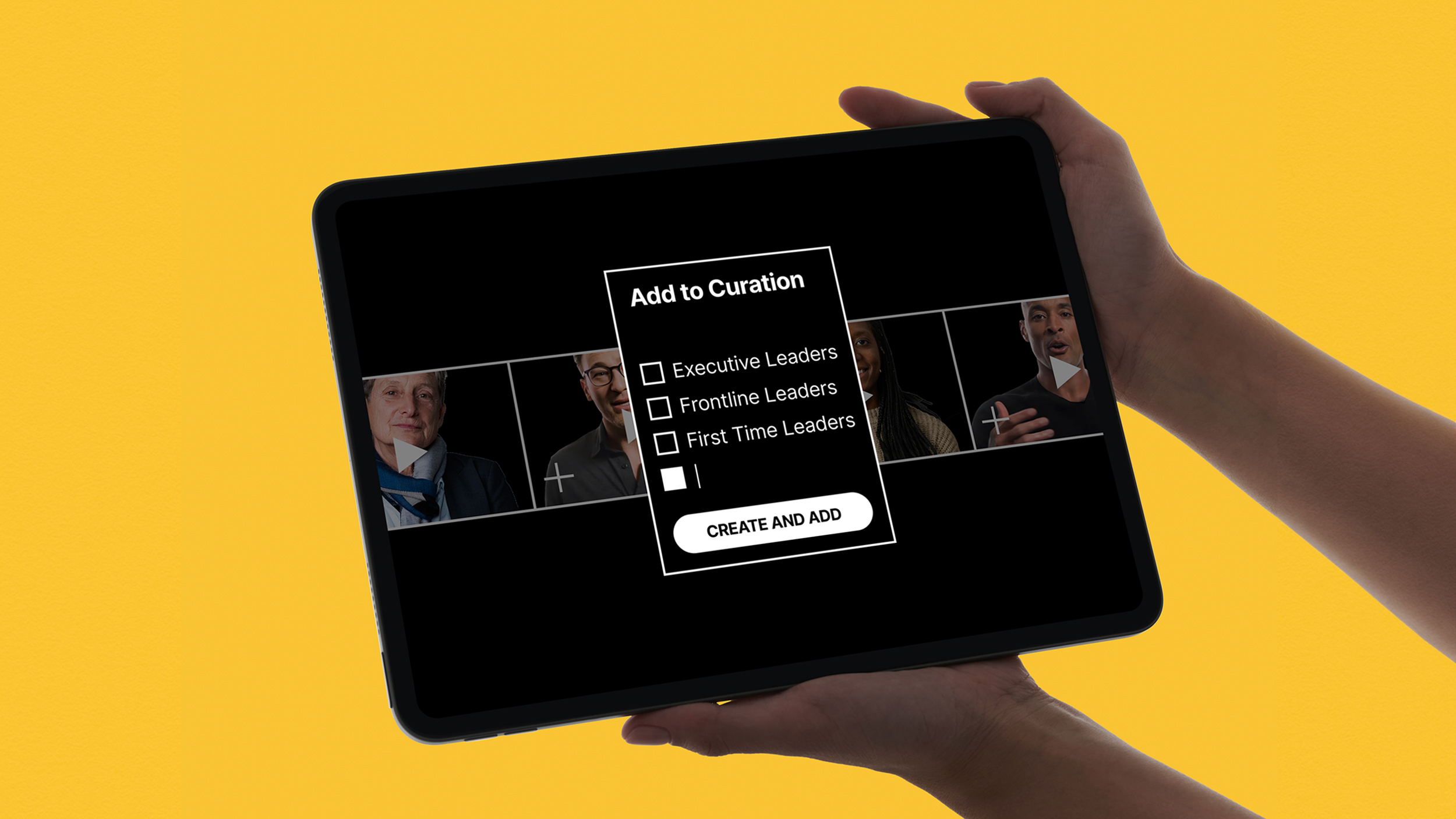4 Tips to Improve Your Interpersonal Skills

The ever-elusive “soft” skills tied to a high emotional intelligence (EQ) remain a key differentiator between wildly successful employees and ones who may struggle to effectively collaborate with their peers. As noted in a Big Think article on EQ, “those with a high EQ earn on average $29,000 more than those with a low EQ.” In other words, it pays to have strong interpersonal skills.
While some might view interpersonal skills as a “knack” that some people may or may not have, the truth is that they are skills. And, like any skill, they can be developed and improved on. The real question is: How can you improve your interpersonal skills?
Some tips for improving your interpersonal skills include:
1) Dare to Play Every Once in a While
One strange-sounding tip from LA-based author and yoga/fitness instructor Derek Beres that he shares in a Big Think article is to engage in play with others every once in a while. As Beres states, through “play we learn essential life skills. We tumble and push and roll and incorporate the lessons into the grander sweep of life. Play is a means of discovering boundaries.” Beres also quotes a phrase from neuroscientist Jaak Panksepp, “Play is paramount in social skills as well, from courting and sex to developing friendships.”
By engaging in a little play for fun in a social setting, adults can hone the interpersonal skills they need to succeed at work and in life. It can also help to reduce stress, although, as Beres points out, “anxiety is a multifactorial issue… I’m not suggesting that rolling down a hill would solve all the world’s problems. But it might help.”
As an added side benefit, many forms of play—the ones involving strenuous physical activity—can double as exercise to help improve health.
2) Learn Some Tactics for Responding to Negativity
Often, we cannot control whether or not someone will behave in a negative manner towards us. What we can control is how we respond to negativity in the workplace. In an article for Big Think Professor Emerita of Management at the University of Southern California Marshall School of Business Kathleen Kelley Reardon highlights how interpersonal relationships can suffer when people “experience a lack of control at work.”
One of Professor Reardon’s main assertions in the article is that we all need to find ways to effectively respond to people who are negative at work—saying that “By being predictable, easily provoked to defensiveness, frustration or acquiescence as examples, we give others the power to manage our lives and stress level.”
There are often colleagues who say “you can’t do that, it’s a bad idea that won’t work” or interrupt you regularly at meetings. Learning some tactics for responding to that negativity is a key part of not only developing interpersonal skills, but in maintaining control of your experience with work.
Kathleen Reardon provides readers with a few tips for dealing with negativity at work, including:
“Take note of some of the put-downs where you work. Think of how you would have handled them or could have handled better the ones that happened to you. Stress at work can be lowered considerably by the confidence derived from knowing that you can handle put-downs, slights, taunts, and tests.”
One note: If you are being harassed at work, or if the taunting or negativity of a coworker is severe enough that it actively harms your emotional well-being, or the ability of the group to function effectively, it should be reported to your organization’s HR department (or whoever is in charge of handling harassment and/or discipline cases for your organization).
3) Practice Empathy-Building Activities
An enormous part of being able to effectively communicate with others is being able to empathize with and understand things from their point of view. Being able to empathize with others is a crucial part of forming connections at work because it allows us all to take into account one another’s needs personal issues.
However, learning to take the perspective of another—also known as mindfulness—can be difficult. Where does one begin with learning the perspectives of someone who has a different worldview, morals, or set of life experiences?
A good place to begin may be with engaging in a few empathy-building activities. This can include things like:
- Roleplay sessions with coworkers;
- Writing a creative essay where the goal is to imagine a day in the life of someone else; or
- Just reading a good book once in a while.
4) Make Some Friends—Both Inside and Outside of Work
One of the most basic ways to learn any skill is to put it into practice—or learning by doing. Going out and socializing with new people is a great way to practice interpersonal skills and learn new things quickly. Plus, it helps to broaden your range of experiences, which can improve your ability to empathize with and understand others.
And, these friends don’t have to be from your workplace. In fact, having friends outside of work helps to provide a support system that’s independent of your workplace—giving you an outlet that’s free of workplace drama where you can alleviate stress with less risk of it following you back to work.
Making friends inside the workplace, on the other hand, provides the benefit of giving you people you can trust and confide in at work—which can make it easier to get along with others on the job.
There are many more ways learn interpersonal skills. For example, there are online training courses that use videos featuring insights from experts into subjects like mindfulness at work, developing awareness of how others see you, and communicating with others in a business setting. And, many of these online courses can easily be scaled to meet the needs of not just individuals, but entire organizations as necessary.




